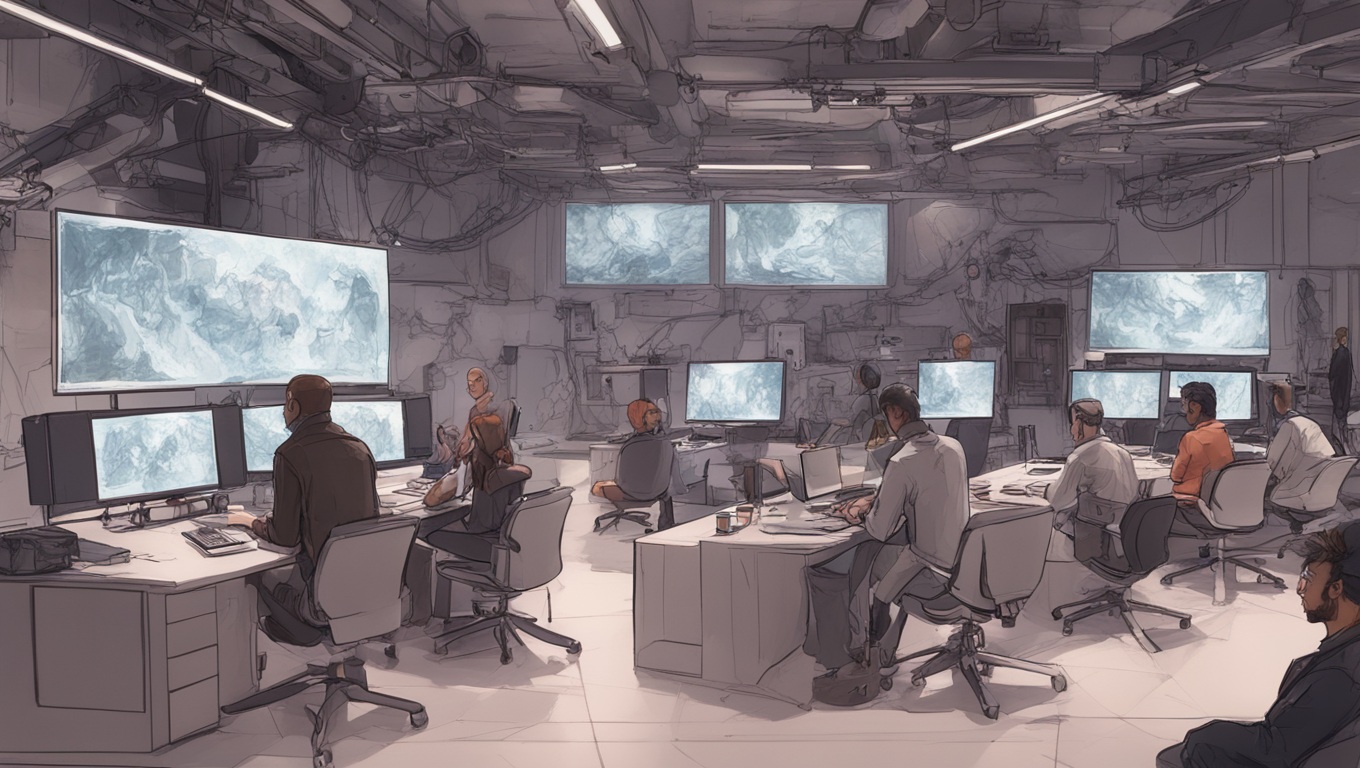In its annual report filed with the US Securities and Exchange Commission (SEC), Netflix has raised concerns about the potential threat posed by Generative Artificial Intelligence (AI) to its operations and competitive edge. The streaming giant acknowledged the rapidly evolving landscape of technological developments and highlighted that if competitors gain an advantage through the use of generative AI, it could adversely impact Netflix’s ability to compete effectively and result in negative impacts on its operations.
Netflix also pointed out the uncertainty surrounding intellectual property protection for AI-generated material. With the adoption of new technologies, there is a potential for increased exposure to intellectual property claims. The company highlighted the need for clear regulations and safeguards to ensure fair competition and protect intellectual property rights in the evolving landscape of AI-generated content.
Generative AI, which is still in its early stages, has already played a role in the production of the 2022 film ‘Everything Everywhere All at Once.’ This technology extends beyond written content, with reports indicating the existence of generative AI systems capable of creating videos. AI is also being employed to offer data-driven predictions about how unconventional storylines may impact viewers.
Recent reports suggest that readily available AI tools can suggest storylines, character arcs, and even generate dialogue. For example, ChatGPT has demonstrated the ability to compose a basic script with just a few prompts. This raises concerns about the potential for AI-generated content to mimic human creativity and potentially replace human writers and creators in the entertainment industry.
The concerns raised by Netflix align with broader industry discussions. In May of the previous year, the Writers Guild of America (WGA) initiated a strike over film and TV writers' income from streaming services programming. One of the demands put forth by the WGA was for production companies to regulate the use of material produced using artificial intelligence or similar technologies.
As the landscape of generative AI-created entertainment continues to evolve rapidly, it is becoming increasingly important to address the ethical, legal, and creative implications of these technologies. Clear guidelines and regulations are needed to ensure that AI-generated content does not infringe on intellectual property rights and that humans' creative contributions are valued and protected.
The future of AI-generated entertainment is still uncertain, but it holds great potential for revolutionizing the industry. Finding the balance between harnessing the power of AI and maintaining the integrity of human creativity will be a key challenge going forward. As technology continues to advance, it is crucial for companies like Netflix to remain vigilant and proactive in understanding and addressing the potential risks and opportunities presented by generative AI. In doing so, they can continue to stay at the forefront of innovation while protecting their competitive edge and maintaining the quality of their content offerings.
In the words of Netflix, “The use of generative AI in the entertainment industry has the potential to disrupt the market and change the way content is created and consumed. Our concerns regarding intellectual property protection and competition are valid and require careful monitoring and proactive measures. At the same time, we recognize the potential benefits and opportunities offered by AI technology. We remain committed to finding the right balance between embracing innovation and safeguarding creative integrity.”





Use the share button below if you liked it.